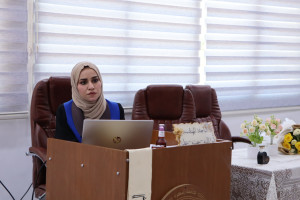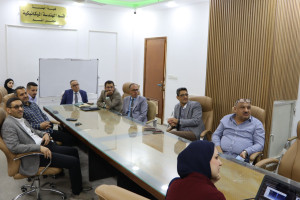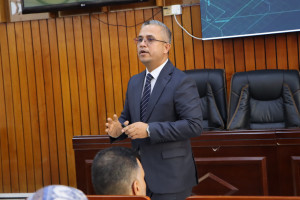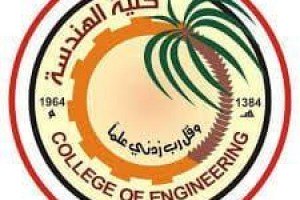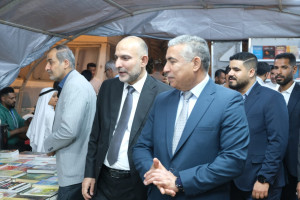
Prof. Dr. Amin Ahmed Nassar and Assistant Professor Dr. Rafel Mahmoud Lafta, faculty members at the College of Engineering, University of Basra, with the participation of Eng. Muthanna Jaber Abdul-Sada, conducted a scientific research that was accepted for publication in the Kufa Engineering Journal. They discussed the effect of welding variables on the heat-affected zone (HAZ) by using the properties of tensile test. For welding a commercial plate of low carbon steel AISII010 that was welded using the covered metal arc welding (SMAW) method and using different welding electrodes E7018 and E6030. The difference in welding electrodes in this investigation is a parameter. The samples were welded after cutting and machining to the components as standard for tensile testing.
The results showed the noticeable effect of choosing different welding electrodes on the mechanical properties such as the greatest tensile strength, elongation ratio and yield strength of the welded samples. The results also showed that the increase in the electric current for each of the poles of the welding process leads to a decrease in the yield stress and tensile resistance. This behavior is attributed to the different welding electrodes and the increase in the electric current, as the increase in the current led to an increase in the input temperature over the heat (HAZ). The change in mechanical properties (which can create a defect area) was observed. Welding and tensile testing processes occur at room temperature.

